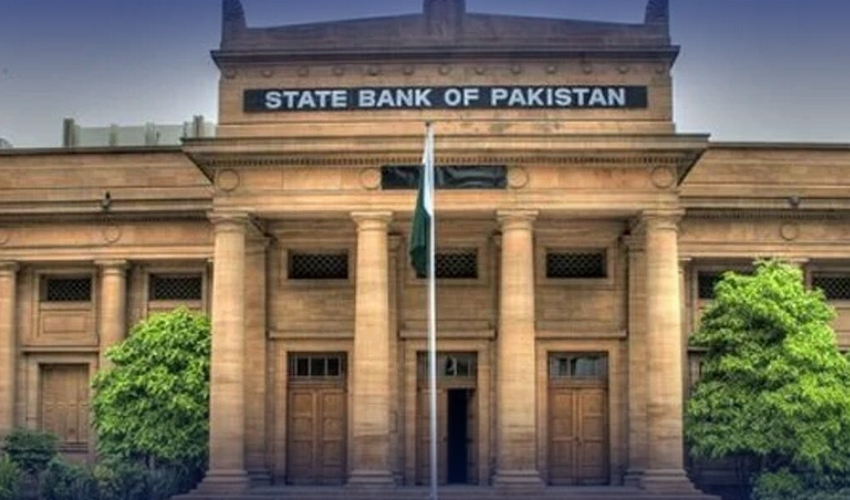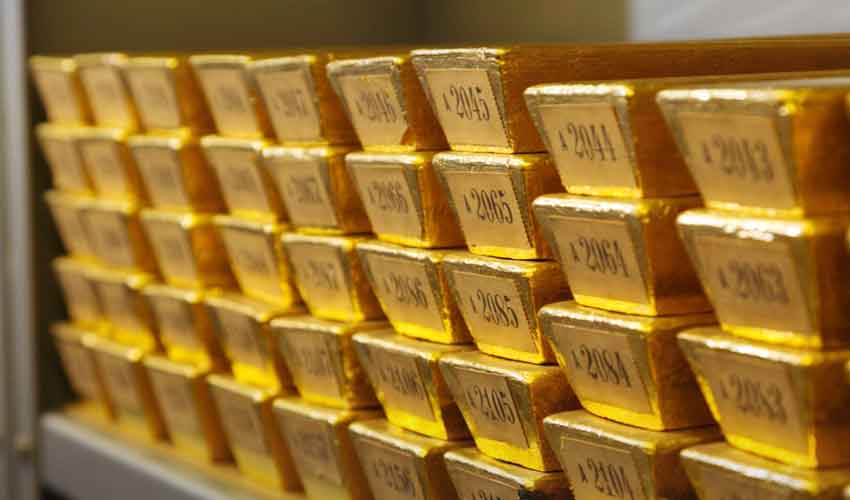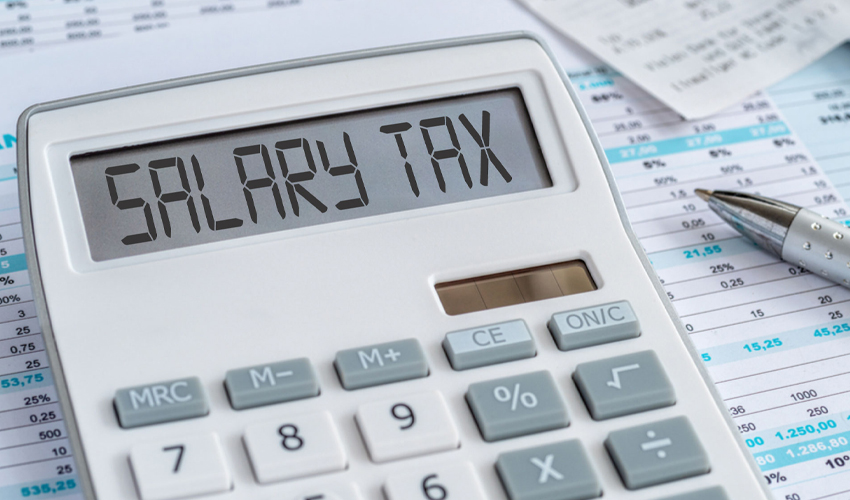In response to circulating rumours, the State Bank of Pakistan (SBP) has unequivocally denied any plans to issue plastic banknotes, dispelling speculations about a proposed shift from paper to polymer currency.
A spokesperson for the State Bank refuted the claims as baseless, emphasizing that there is no consideration whatsoever to replace paper banknotes with plastic polymer equivalents.
The spokesperson reiterated that the State Bank continues to utilize cotton-based paper for currency production, highlighting the institution's steadfast adherence to traditional materials in currency manufacturing.
Furthermore, the spokesperson clarified that the banknotes in circulation are locally produced by Security Papers Limited.
Also Read: Pakistan plans to issue plastic currency notes to combat corruption
The announcement comes as a response to widespread media reports regarding the introduction of plastic banknotes, which had prompted concerns and discussions among the public.
On Friday, the second round of talks between Pakistan and the International Monetary Fund (IMF) for the final tranche under the loan programme took place, with discussions focusing on crucial economic reforms, including the privatization of state-owned enterprises.
The IMF declared 42.5% funds held by the federation under the National Finance Commission Award insufficient and called for a review along with the provinces. The IMF representatives urged Pakistan to present a comprehensive plan for the privatization of Pakistan International Airlines (PIA) and other government-owned enterprises.
Also Read: IMF sets tough conditions for new loan programme; urges sweeping reforms
Sources reveal that the IMF team will be briefed about the terms and conditions of loans between banks and the government for privatization purposes.
In a bid to enhance transparency and combat corruption, the State Bank of Pakistan was also scheduled to brief the IMF delegation on plans to issue new plastic currency notes. Furthermore, progress on issuing reports under the United Nations Anti-Corruption Convention will also be shared during the discussions.



























